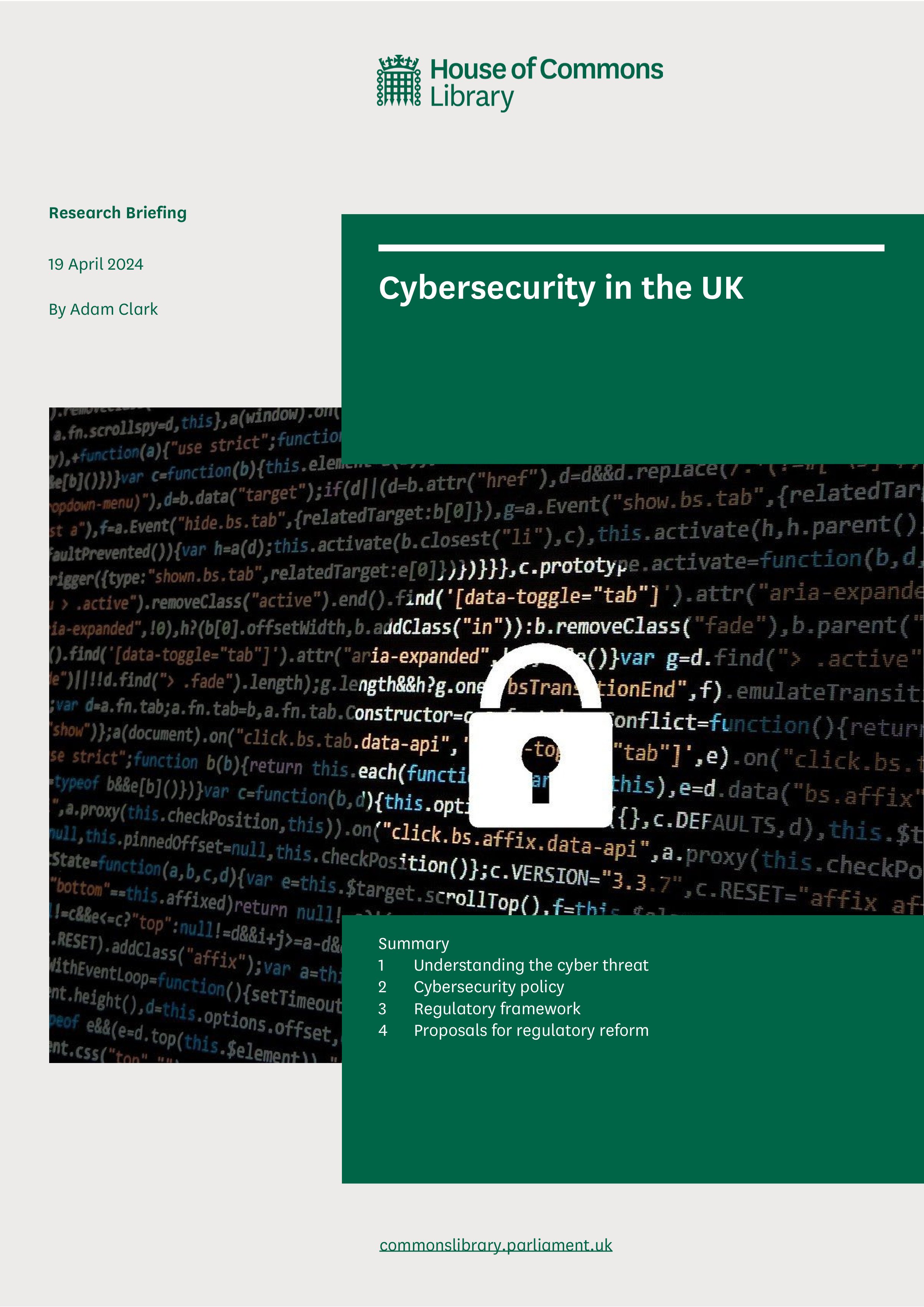By Oliver Bennett MBE, Ali Shalchi
The precise scale of economic crime in the UK is unknown, but it could run to tens or hundreds of billions of pounds per year. The extent of these crimes – which include money laundering, fraud, and corruption – led the Intelligence and Security Select Committee in its July 2020 report on Russia to note that London is considered a ‘laundromat’ for corrupt money. In December 2019 the Treasury Committee found various regulatory and legislative failings in the way in which these crimes are being tackled. It urged the Government to make improvements to the supervisory system and to introduce new powers to combat economic crime. A February 2022 Treasury Committee follow-up report concluded that the Government was still not prioritizing economic crime sufficiently. In 2019 The Financial Action Task Force (the global money laundering and terrorist financing watchdog) praised the UK’s efforts on the issue, but also found failings and identified a lack of resources for investigating these crimes. The Economic Crime Plan The Government agrees about the need to tackle economic crime, which it says causes “much harm to individuals and communities and damage to legitimate business and the UK’s reputation.” It set out its overall approach to tackling the issue in its July 2019 Economic Crime Plan. The Plan covers the years 2019-2022 and draws together all the work being conducted by the public and private sector. A number of the 52 actions contained in the plan may involve future legislative reforms, including changes to: • the Proceeds of Crime Act to improve how the proceeds of crime can be confiscated; • corporate criminal liability, to punish and prevent economic crimes when committed on behalf of or in the name of companies; • block company stock exchange listings on national security grounds; • improve transparency over UK property ownership; • Companies House powers to enable it strike off from its register dissolved or inactive limited partnerships. Progress with the Plan In February 2022, the Royal United Services Institute said that 40% of actions in the Plan had been completed, 17% were in progress, 23% were overdue, and 19% of actions had no due date. The Government says it is “on course to deliver 49 of the 52 actions” in the Plan. The Treasury Committee has recommended that the Plan be adapted and renewed for a further three years.
London: UK Parliament, House of Commons Library, 2022. 22p.




